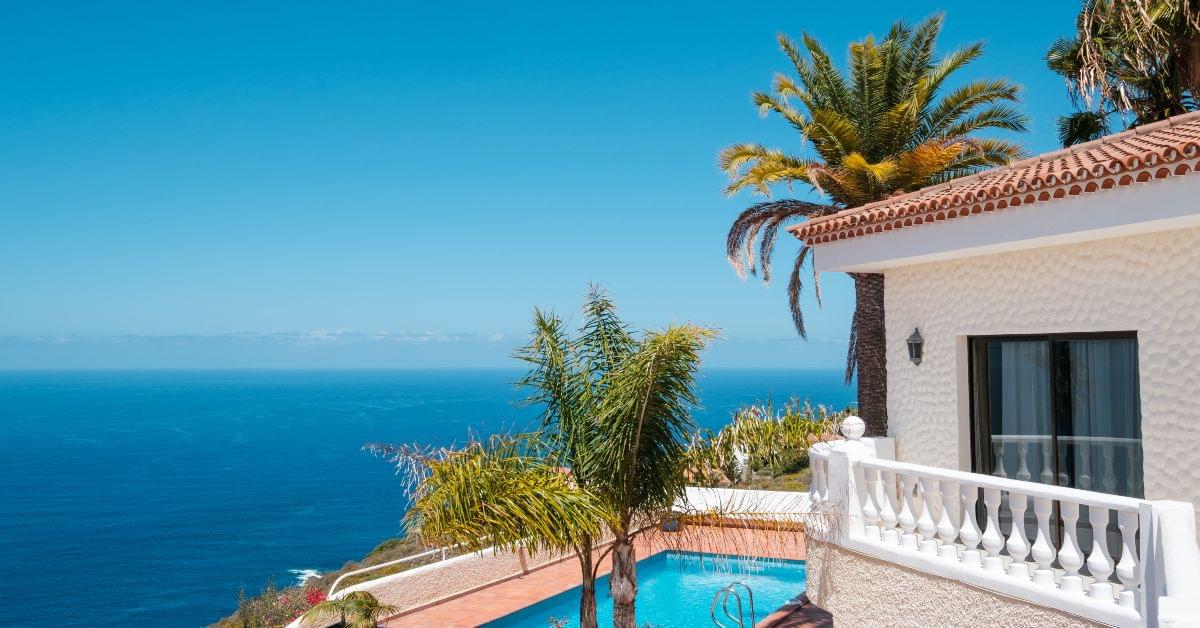Buying or selling a property in Spain involves much more than just the agreed-upon price. There are various additional costs to consider, including notary fees, property registration, taxes, and other administrative expenses. It's essential to understand who bears these costs to budget effectively and avoid any surprises along the way. This guide aims to clarify the responsibilities of both buyers and sellers regarding these expenses.

Costs for the Home Buyer
When purchasing a home in Spain, several costs must be considered beyond the property's price. Here's a comprehensive look at the main expenses buyers can expect to incur.
Notary Fees
The notary is a crucial figure in the Spanish property transaction process, as they oversee the signing of the official deed. The buyer is responsible for these notary fees, which typically range from 0.2% to 0.5% of the property's purchase price. These fees are regulated under Royal Decree 1426/1989, ensuring that there is a standardised set of charges across various levels of property complexity. The buyer must pay these fees at the time of signing the deed.
Property Registration
After the deed has been signed, the buyer must register the property in their name at the local Land Registry. This registration process also incurs a fee, generally ranging between 0.1% and 0.25% of the property's value. For example, if the property is priced at €100,000, the registration fee would likely be around €250.
Taxes for Home Buyers
The taxes payable by the buyer depend on whether the property is a new build or second-hand.
-
New Builds: Buyers must pay VAT, which is usually 10% of the recorded deed amount, and Stamp Duty (IAJD), which ranges from 0.5% to 1.5% depending on the local autonomous community's regulations.
-
Second-Hand Properties: Instead of VAT and Stamp Duty, buyers of second-hand properties pay the Property Transfer Tax (ITP), usually set between 6% and 10% of the purchase price.
Real Estate Fees
Engaging a real estate agency can make the property buying process smoother and more manageable. These agencies help with finding suitable properties and handling the necessary paperwork. The fees for these services are typically shared between the buyer and the seller, though the exact distribution can vary depending on the agency's policies.
Costs for the Home Seller
Sellers also have a share of the financial responsibilities when it comes to property transactions in Spain. Here are the primary expenses associated with selling a home.
Notary Fees
While the buyer covers the notary fees for registering the deed, sellers must also pay for the costs associated with the granting of deeds. These fees, which confirm the transfer of ownership, range from €400 to €800. Additionally, the seller must provide several documents to the notary, which incur further costs:
- Energy Efficiency Certificate: Around €200
- Certificate of Payment Up-to-Date: Varies depending on the specific situation
- Certificate of Habitability: Approximately €100
Mortgage Cancellation Fees
If the property being sold has an outstanding mortgage, the seller must go through a mortgage cancellation process. This process involves several steps:
- Zero-Debt Certificate: Requested from the bank, confirming that the mortgage has been paid off (usually provided free of charge).
- Mortgage Cancellation Deed: Signed before a notary, costing around €200.
- Property Registration: Registering the mortgage cancellation with the Property Registry, incurring a fee starting at approximately €100, depending on the mortgage's value.
Taxes for Home Sellers
Sellers need to be aware of various taxes applicable to the sale of their property:
-
Municipal Capital Gains Tax: This tax, known as “Plusvalía,” applies to the increase in land value over the period of ownership. The amount payable ranges from 20% to 30%, calculated based on the cadastral value, years of ownership, and local council regulations.
-
Personal Income Tax (IRPF): This tax applies to the profit gained from the sale and must be declared in the seller’s next income tax return.
-
Real Estate Tax (IBI): The seller is responsible for paying the IBI for the year in which the property is sold. After the sale, this expense transfers to the new owner.
Real Estate Fees
Just as buyers benefit from professional help, so do sellers. Consulting a real estate or tax professional can provide invaluable guidance throughout the selling process. The fees for these services typically range between 3% and 7% of the property's sale price.
Understanding the various costs involved in buying or selling a home in Spain is crucial for both buyers and sellers. From notary and registration fees to the taxes and professional fees needed for a smooth transaction, being aware of these expenses can help manage expectations and avoid any financial pitfalls. By knowing who is responsible for each cost, you can better prepare and ensure a seamless property transaction experience.
The Spanish property market involves a series of protocols and regulations designed to make the process transparent and fair for all parties involved. Whether you're buying your ideal home or selling a cherished property, having a clear grasp of these financial obligations will ensure everything proceeds smoothly and without unexpected financial stress.